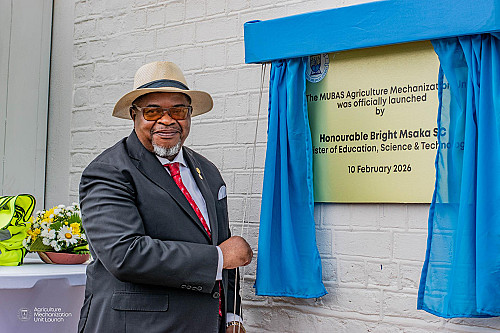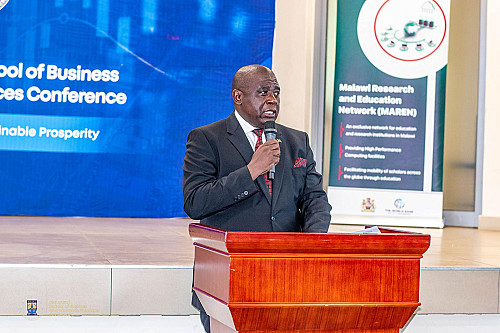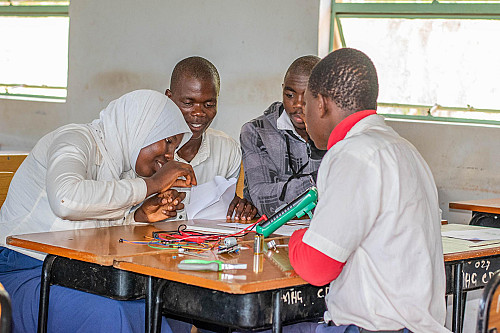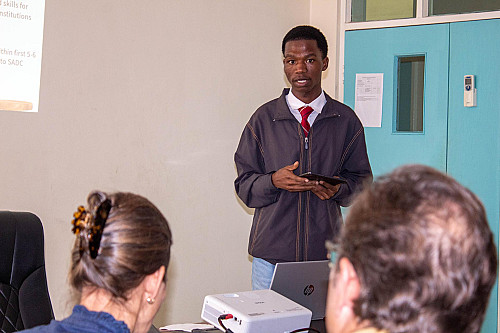News

Section 6(f) of the MUBAS ACT emphasises the institution’s dedication to intellectual autonomy and academic freedom, ensuring the unrestricted pursuit of knowledge and truth.
MUBAS strongly advocates for academic freedom, encompassing various important aspects of scholarly pursuits. It grants educators the freedom to explore different perspectives, challenge established norms, and engage in thorough research without fear of censorship or reprisal. This fosters an environment where ideas can flourish and intellectual curiosity can prosper.
MUBAS recognises that academic freedom is not limited to research alone but is equally important in teaching. Members of staff are empowered to present diverse viewpoints, encourage critical thinking, and engage students in robust discussions that broaden their perspectives. This approach not only fosters independent thinking but also equips students with the skills to analyse and contribute meaningfully to global conversations.
Academic freedom policy embodies the spirit of free inquiry and fosters innovations among students and members of staff. MUBAS stands resolutely committed to nurturing an environment where intellectual autonomy thrives, ensuring that the pursuit of knowledge remains boundless and unshackled.
